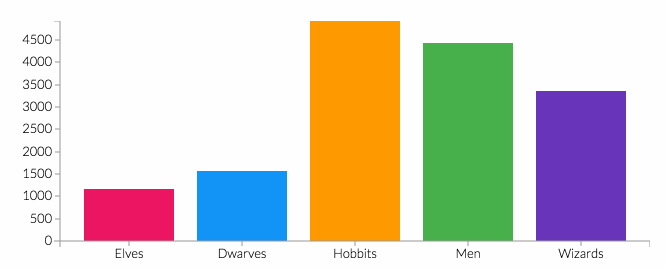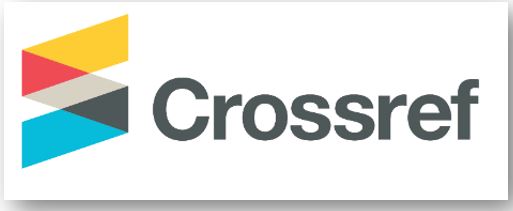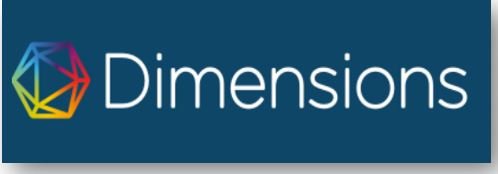Pendidikan Akhlak dalam Perspektif Kitab Bidayatul Hidayah
DOI:
https://doi.org/10.61231/jie.v2i1.259Keywords:
Moral Education, Perspective, Bidayatul HidayahAbstract
Imam Ghazali in the Bidayatul Hidayah Book discusses a lot about moral education in Islam which is based on theology from the Koran and Hadith. The aim of this research is to describe moral education from the perspective of the Bidayatul Hidayah Book. The type is qualitative research with library study techniques whose main source is the Bidayatul Hidayah book. The results of this research explain and describe moral education as an important part of personal and spiritual development in Islam. Apart from that, there are examples and guidelines on how the moral principles in the book can be applied in everyday life, including in the context of education
References
Abdullah, F. (2012). Teaching Islamic Ethics and Ethical Training?: Benefiting From Emotional and Spiritual Intelligence. International Journal Of Humanities and Social, 2(3), 224–232.
Agustia, E., Sembiring, N., Agama, F., Universitas, I., & Sumatera, I. (2023). Pengaruh Nilai Pendidikan Akhlak Dalam Meningkatkan Moral Santri Tingkat Tsanawiyah Pesantren Modern Al-Kautsar Al-Akbar Medan. Jurnal Pendidikan Agama Islam Dan Riset (J-PARIS), 4(1), 41–56.
Ahmad Busroli. (2019). Pendidikan akhlak Ibnu Miskawaih dan Imam Al-Gazali dalam Pendidikan Karakter di Indonesia. Islamic Religion Teaching and Learning Journal, 4 nomor 2, 238.
Ayu Wandira, Muhammad Saleh, A. F. (2023). Konsep Tazkiyat Al-Nafs Al-Ghazali Sebagai Metode Dalam Pendidikan Akhlak. Journal Of Islamic Studies, 2(2), 39–52.
Chauzarani Rozaki. (2022). Relevansi Kitab Bidayatul Hidayah Dalam Menginternalisasikan Nilai-Nilai Akhlak Di Era New Normal. INCARE?: International Journal of Educational Resources. E-ISSN, 02(05), 80–90.
Creswell, J. W. C. dan J. D. (2018). Research Design Qualitative, Quantitative, and Mixed Methods Approaches (Edisi 5). SAGE Publication.
Fadli, M. R. (2021). Memahami desain metode penelitian kualitatif. Humanika, 21(1), 33–54. https://doi.org/10.21831/hum.v21i1.38075
Lasmi Rambe. (2021). Etika Murid dan Guru Menurut Imam Al-Ghazali Dalam Kitab Ihya-Ulumuddin. Hijaz. 1(1), 26-33
Liska, L., Ruhyanto, A., & Yanti, R. A. E. (2021). Penerapan Model Pembelajaran Problem Solving Untuk Meningkatkan Kemampuan Berpikir Kritis Siswa. J-KIP (Jurnal Keguruan Dan Ilmu Pendidikan), 2(3), 161. https://doi.org/10.25157/j-kip.v2i3.6156
Mutholingah, S. (2021). Metode penyucian jiwa (tazkiyah al-nafs) dan implikasinya bagi pendidikan agama islam. Ta’limuna, 10(01), 67–81.
Nor Habibah, Muhammad Efendi, Siti Cholifah, Muthoharoh, Nur Aisyah, Eko Nursalim, & Nanik Sri rahayu. (2023). Penerapan Nilai–Nilai Akhlak Dalam Kitab Bidayatul Hidayah. An-Nafis: Jurnal Ilmiah Keislaman Dan Kemasyarakatan, 2(2), 115–126. https://doi.org/10.62196/nfs.v2i2.25
Ramadhani, F. E., & Khusnul Khotimah. (2023). Memahami Kecerdasan Emosional dan Spiritual Melalui Lensa Islam. MERDEKA?: Jurnal Ilmiah Multidisiplin, 1(2), 1–17. https://doi.org/10.62017/merdeka.v1i2.196
Saparudin, H. (2020). Penanaman Nilai-nilai Dasar Tasawuf Sebagai Pengendali Perilaku Menyimpang Melalui Bimbingan Kepribadian. AS-SALAM: Jurnal Ilmiah Ilmu-Ilmu Keislaman, 3(1), 1–18. https://journal.stai-yamisa.ac.id/index.php/assalam/article/view/45
Sari, S. F., Adelia, D., Latifah, E. I., & Putri, S. A. D. (2023). Konsep Pendidikan Akhlak Dalam Al-Qur’an. Jurnal Multidisiplin Indonesia, 2(6), 1211–1221. https://doi.org/10.58344/jmi.v2i6.272
Ulum, M. (2023). Leadership and Performance of Teachers and Employees of SMK Sunan Drajat Lamongan. Multidisciplinary Journal of Education , Economic and Culture, 1(1), 1–12.
Waruwu, M. (2023). Pendekatan Penelitian Pendidikan: Metode Penelitian Kualitatif, Metode Penelitian Kuantitatif dan Metode Penelitian Kombinasi (Mixed Method). Jurnal Pendidikan Tambusai , 7(1), 2896–2910.
Yusuf. (2017). Metode Penelitian Kuantitatif, kualitatif & Gabungan. Kencana.
Downloads
Published
Issue
Section
License
Copyright (c) 2024 Wanto Wanto

This work is licensed under a Creative Commons Attribution 4.0 International License.
You are free to:
- Share — copy and redistribute the material in any medium or format for any purpose, even commercially.
- Adapt — remix, transform, and build upon the material for any purpose, even commercially.
- The licensor cannot revoke these freedoms as long as you follow the license terms.
Under the following terms:
- Attribution — You must give appropriate credit , provide a link to the license, and indicate if changes were made . You may do so in any reasonable manner, but not in any way that suggests the licensor endorses you or your use.
- No additional restrictions — You may not apply legal terms or technological measures that legally restrict others from doing anything the license permits.
Notices:
You do not have to comply with the license for elements of the material in the public domain or where your use is permitted by an applicable exception or limitation .
No warranties are given. The license may not give you all of the permissions necessary for your intended use. For example, other rights such as publicity, privacy, or moral rights may limit how you use the material.














